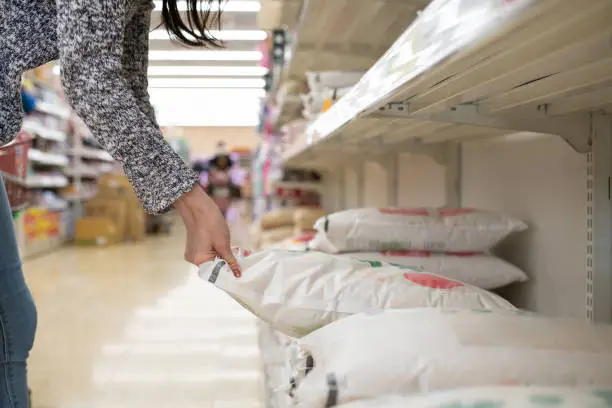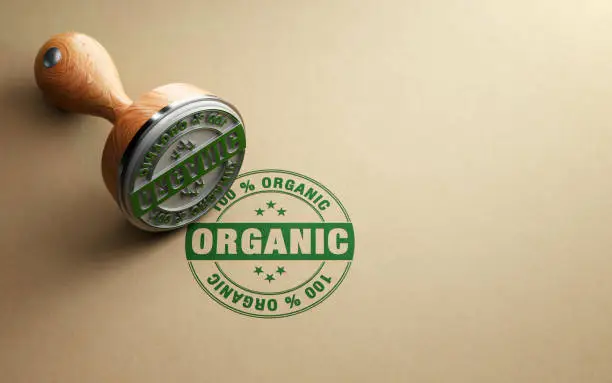What Is Blockchain Traceability in Agriculture?
Blockchain technology enables transparent, decentralized tracking of agricultural products throughout the supply chain. From planting to harvest, packaging, transport, and retail — each step can be recorded immutably on a digital ledger, ensuring authenticity, reducing fraud, and empowering consumers with knowledge about their food sources.
Key Benefits of Blockchain in Food Supply Chains
- Transparency: Every transaction and movement is recorded and accessible to all stakeholders.
- Anti-Fraud: Reduces fake certifications and mislabeling of organic or fair-trade products.
- Improved Recall: Enables faster identification and removal of contaminated products.
- Farmer Empowerment: Ensures fair pricing and direct payment through smart contracts.
- Consumer Trust: Buyers can verify origin, quality, and ethical practices behind their purchases.
- Global Compliance: Meets international standards like ISO, HACCP, and organic certification requirements.

Coffee Supply Chain Tracking
Using blockchain to track coffee beans from smallholder farms in Ethiopia to global buyers in Europe and North America.

Rice Export Traceability
Blockchain ensures compliance and fair trade status for rice exports from Southeast Asia to international markets.

Organic Certification Verification
Consumers can now verify whether products are truly organic through immutable records stored on the blockchain.
Institutions & Platforms Using Blockchain
- Cropster: Used by coffee and cacao cooperatives for end-to-end traceability and export documentation.
- AgNext: Offers blockchain-backed certification and GPS-based harvest tracking in Africa and India.
- IBM Food Trust: Tracks produce from field to store shelves using Hyperledger Fabric.
- Hello Tractor: Uses blockchain to match tractor owners with farmers needing equipment sharing.
- FAO: Piloting blockchain solutions for grain storage and commodity trading in Nigeria and Ghana.
- World Bank: Funding blockchain-enabled supply chain projects in vulnerable regions.
Real-World Applications
Indian Cotton Cooperatives
Over 10,000 cotton farmers in Gujarat use blockchain to record pesticide-free cycles and receive fair-trade premiums directly.
Kenyan Coffee Growers
Kenya’s coffee cooperatives use blockchain to track beans from individual farms to international buyers in Europe and Japan.
Start Using Blockchain in Your Farm Supply Chain
Whether you're part of a cooperative or an independent grower, integrating blockchain into your supply chain can improve transparency, reduce losses, and increase buyer confidence in your products.
Explore More Resources


